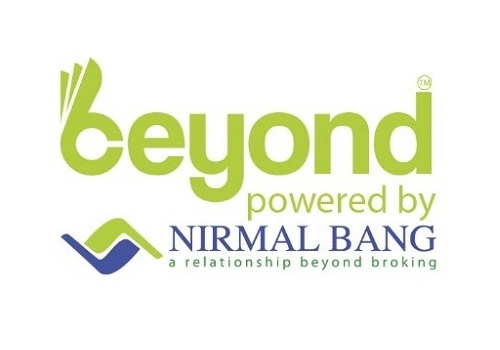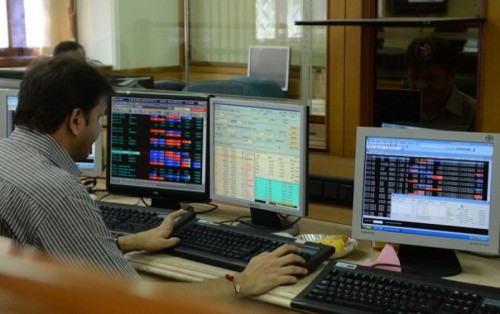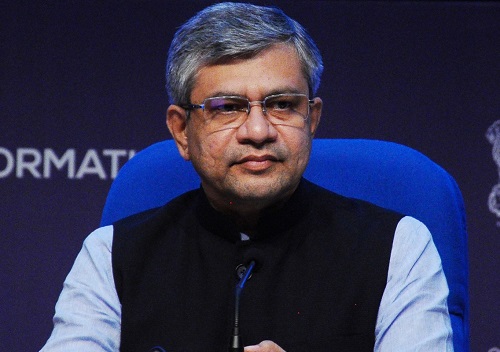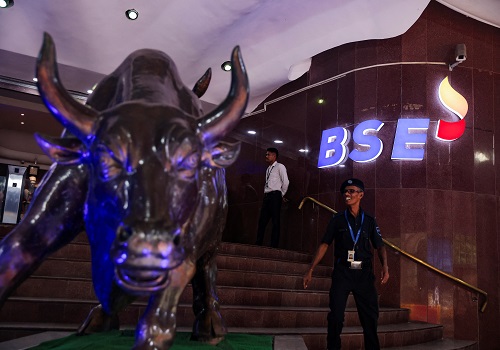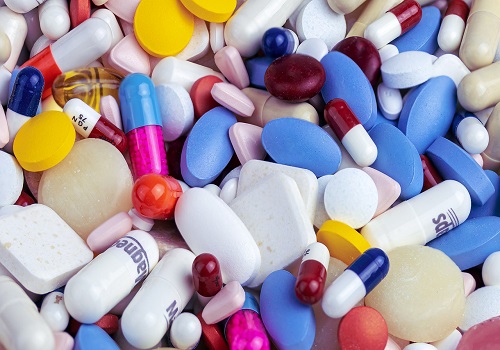Benchmarks snap two day fall; Nifty ends above 16,600 mark
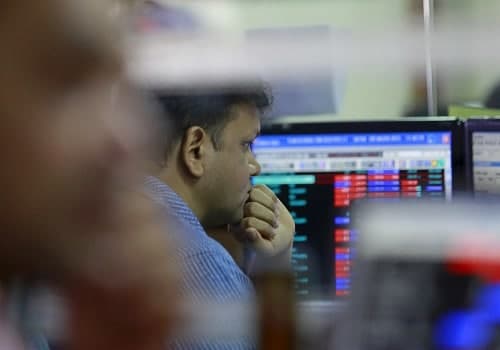
Follow us Now on Telegram ! Get daily 10 - 12 important updates on Business, Finance and Investment. Join our Telegram Channel
Indian equity benchmarks bounced back after a two-day fall and ended higher by over half percent on Thursday amid heavy buying in index heavyweight Reliance Industries and positive trends from European markets. Markets made negative start and traded volatile, as traders were concerned as the Ministry of Finance said the gross GST (Goods and Services Tax) revenue for the month of May crossed over Rs 1.40 lakh crore, a 16.6 per cent drop in comparison to April when GST collections were at a record high. Some concern came with a private report that even as the government is planning to put a leash on wasteful revenue spending to rein in fiscal deficit, it has decided against trimming the record budgetary capital expenditure target for FY23, betting big on its high multiplier effect to spur growth. The finance ministry has asked various infrastructure ministries to ensure they realise their capex goals and create durable assets. Besides, exchange data showed foreign institutional investors (FIIs) were stood as net sellers in the capital market on Wednesday as they offloaded shares worth Rs 1,930.16 crore.
However, key gauges staged a one-way upmove in afternoon deals, as traders found some solace after state Bank of India (SBI) in a research report revised India's gross domestic product (GDP) growth forecast for the financial year 2022-23 to 7.5 per cent, which is 0.20 per cent higher from its earlier projection. Sentiments remained up-beat after Icra Ratings in its report has said that manufacturing sector capital expenditure is on course for a leg-up with overwhelming responses to the government's production-linked incentives schemes, especially for lithium-ion battery, pharma and solar module segments. Some support also came after bank credit to NBFCs grew in double digit in FY22 with outstanding bank credit to them rising by 10.4 per cent to Rs 10.5 lakh crore on the back of improvement in overall economic activities and banks' renewed focus on the NBFC sector improvement in their balance sheets. Meanwhile, the Union Cabinet has approved a proposal to expand the mandate of Government e-Marketplace (GeM) by allowing procurement by cooperatives.
On the global front, Asian markets ended mostly lower on Thursday following the broadly negative cues overnight from the global markets, as traders are digesting comments from JPMorgan CEO Jamie Dimon, warning of an economic 'hurricane' amid soaring inflation, global slowdown and the prospects of aggressive monetary tightening by global central banks. Rising bond yields and soft economic data also weighed on the markets. European markets were trading mostly in green despite growing worries about slowing economic growth and record high inflation. Traders looked ahead to the European Central Bank's meeting next week, when the central bank is likely to offer additional clues on the pace and scale of interest rate hikes to fight inflation.
Back home, aviation industry and hotel industry stocks were in focus as Jet fuel prices were cut by 1.3 per cent -- the first reduction after 10 rounds of price hikes -- on softening international crude oil rates. Simultaneously, prices of commercial LPG - used by business establishments such as hotels and restaurants - were reduced by Rs 135 per 19-kg cylinder. FMCG industry stocks were in watch with a private report that the FMCG industry saw decline in volume in the January-March period as consumption was impacted by price increases, especially in the food and essentials categories.
Finally, the BSE Sensex rose 436.94 points or 0.79% to 55,818.11 and the CNX Nifty was up by 105.25 points or 0.64% to 16,628.00.
The BSE Sensex touched high and low of 55,891.92 and 55,135.11, respectively. There were 20 stocks advancing against 10 stocks declining on the index.
The broader indices were ended mixed; the BSE Mid cap index fell 0.04%, while Small cap index was up by 0.60%.
The top gaining sectoral indices on the BSE were Energy up by 2.33%, Oil & Gas up by 2.14%, IT up by 1.56%, TECK up by 1.55%, Utilities up by 1.07% while, Auto down by 0.65%, Capital Goods down by 0.37%, Finance down by 0.16% and Bankex down by 0.06% were the losing indices on BSE.
The top gainers on the Sensex were Reliance Industries up by 3.51%, Bajaj Finserv up by 2.88%, Sun Pharma up by 2.35%, HCL Technologies up by 2.08% and TCS up by 1.98%. On the flip side, HDFC down by 1.69%, Power Grid Corporation down by 1.51%, Hindustan Unilever down by 1.03%, HDFC Bank down by 0.80% and Kotak Mahindra Bank down by 0.49% were the top losers.
Meanwhile, Icra Ratings in its report has said that manufacturing sector capital expenditure is on course for a leg-up with overwhelming responses to the government's production-linked incentives schemes, especially for lithium-ion battery, pharma and solar module segments. So far the PLI (Production-Linked Incentive) scheme has received robust response in green initiative spaces such as renewable energy as well as ACC (Advanced Chemistry Cell) battery manufacturing. This shows that the scheme is on track to revive the manufacturing capex (capital expenditure).
The government has extended the scheme for a second round on the back of encouraging response in a few sectors. Also, it has increased or is planning to increase the outlay for some sectors. In the renewables space, the government raised the outlay for solar PV modules to Rs 24,000 crore in the FY23 budget after witnessing an encouraging response in the first round of the scheme with an initial outlay of Rs 4,500 crore. According to Rohit Ahuja, head of research and outreach at Icra, the success of the scheme indicates that the government is on track to enhance manufacturing capex. There is a high probability of the outlay for certain sectors, especially in green initiative space, being expanded. He warned however in the wake of rising input costs and the anti-inflationary measures, execution delays in certain sectors can be a concern.
As per the wait list from the first round of bidding, it seems the entire Rs 24,000 crore PLI outlay would be well covered. The report said a similar response was visible in the ACC batteries PLI scheme, where the applications were received for 110 gw against 50 gw envisaged, and added that the government may look at increasing the outlay for this sector too. It said the PLI scheme for semiconductors has received applications for 80% of the total outlay of Rs 76,000 crore in the first round, despite an aggressive timeline for application submissions. Several other sectors such as pharma, automobile and food products have also received positive responses. It added sunrise sectors like drone manufacturing have also received encouraging responses and attracted enough applications over the 20 days period.
The CNX Nifty traded in a range of 16,646.40 and 16,443.05. There were 29 stocks advancing against 21 stocks declining on the index.
The top gainers on Nifty were Reliance Industries up by 3.60%, Bajaj Finserv up by 3.40%, Sun Pharma up by 2.66%, TCS up by 2.08% and HCL Technologies up by 2.07%. On the flip side, Apollo Hospital down by 4.98%, Hero MotoCorp down by 3.45%, Eicher Motors down by 1.68%, HDFC down by 1.58% and Power Grid Corporation down by 1.22% were the top losers.
European markets were trading mostly in green; France’s CAC increased 55.45 points or 0.86% to 6,474.34 and Germany’s DAX increased 92.84 points or 0.65% to 14,433.31, while UK’s FTSE 100 decreased 74.71 points or 0.98% to 7,532.95.
Asian markets ended mostly lower on Thursday tracking losses in Wall Street overnight as investors eyed inflation worries. Further, prospects of aggressive Federal tightening spurred by stronger than expected US ISM manufacturing report also weighed on market sentiments. Seoul shares tumbled on growing worries over the threat of recession. A private sector survey showed that South Korea's factory activity growth slowed in May as output and new export orders decreased amid supply-chain disruptions. Although, Chinese shares gained after China's cabinet announced detailed measures to support infrastructure construction and counter economic
Above views are of the author and not of the website kindly read disclaimer

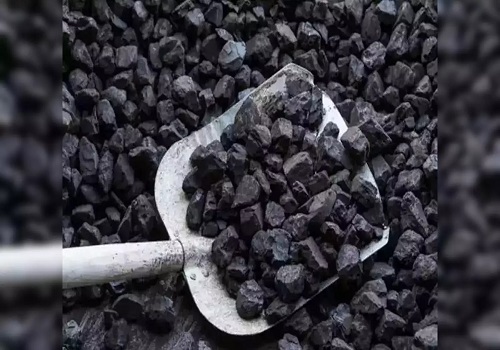

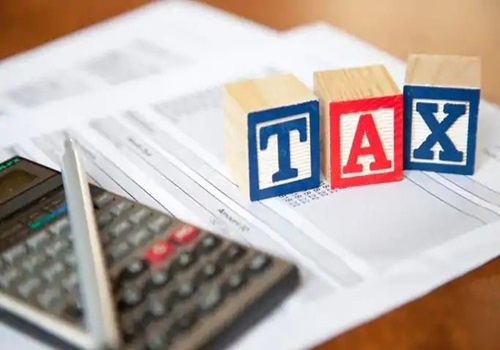

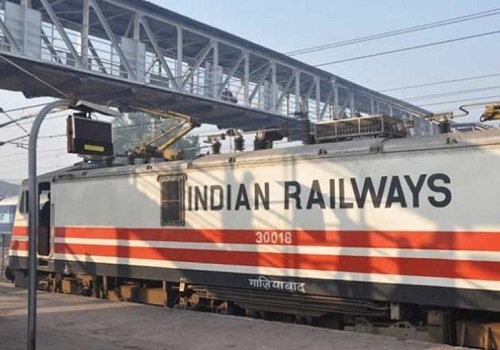


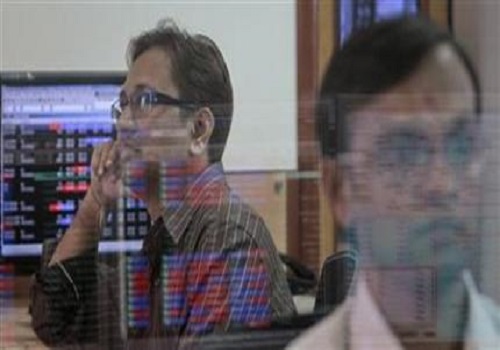
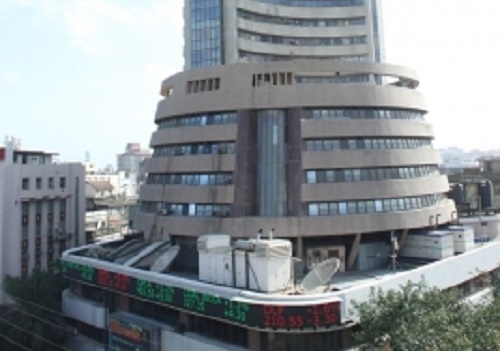
Tag News

Weekly Market Analysis : Markets strengthened recovery and gained nearly 2% in the passing w...



More News

Daily Market Commentary : Nifty swung between gains and losses to finally close the volatile...
